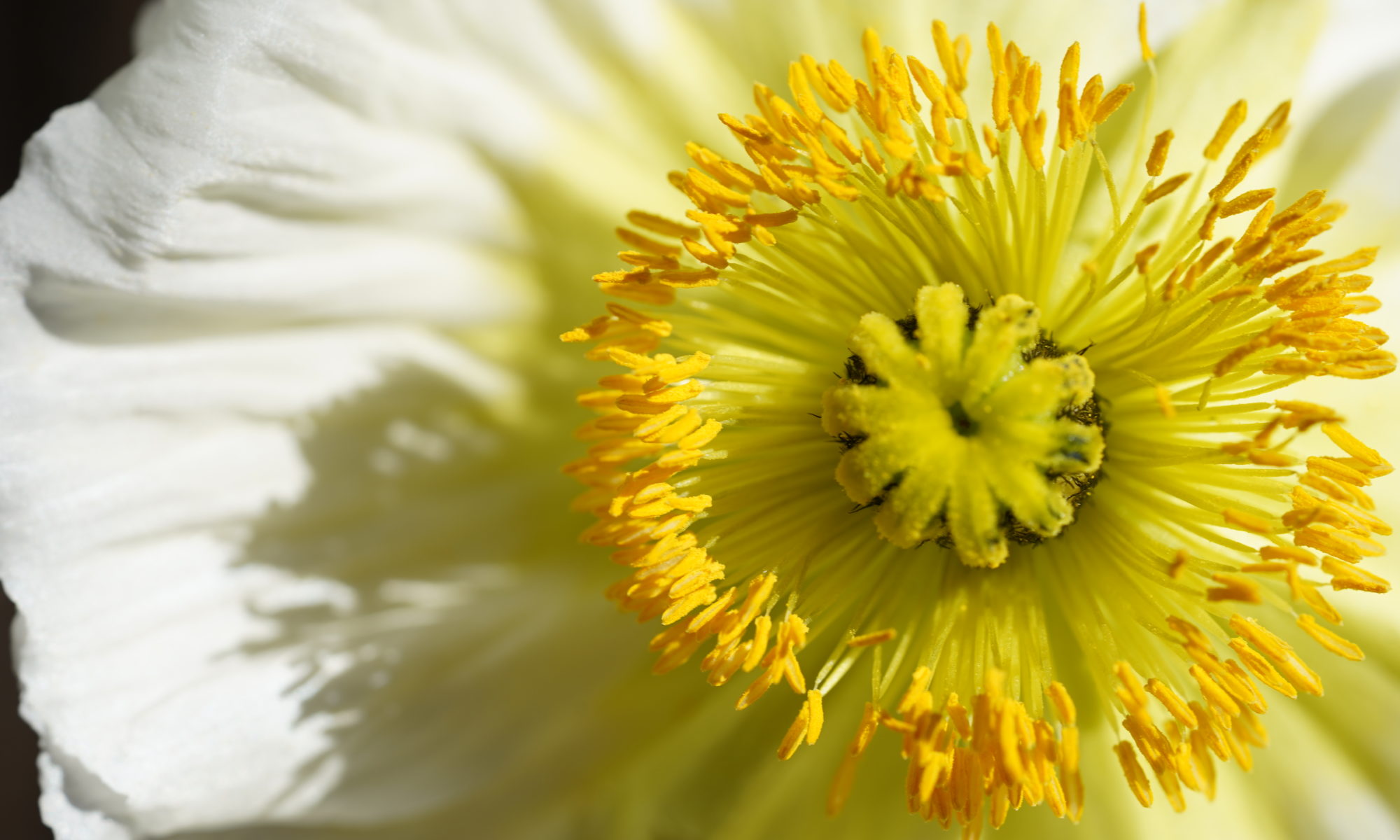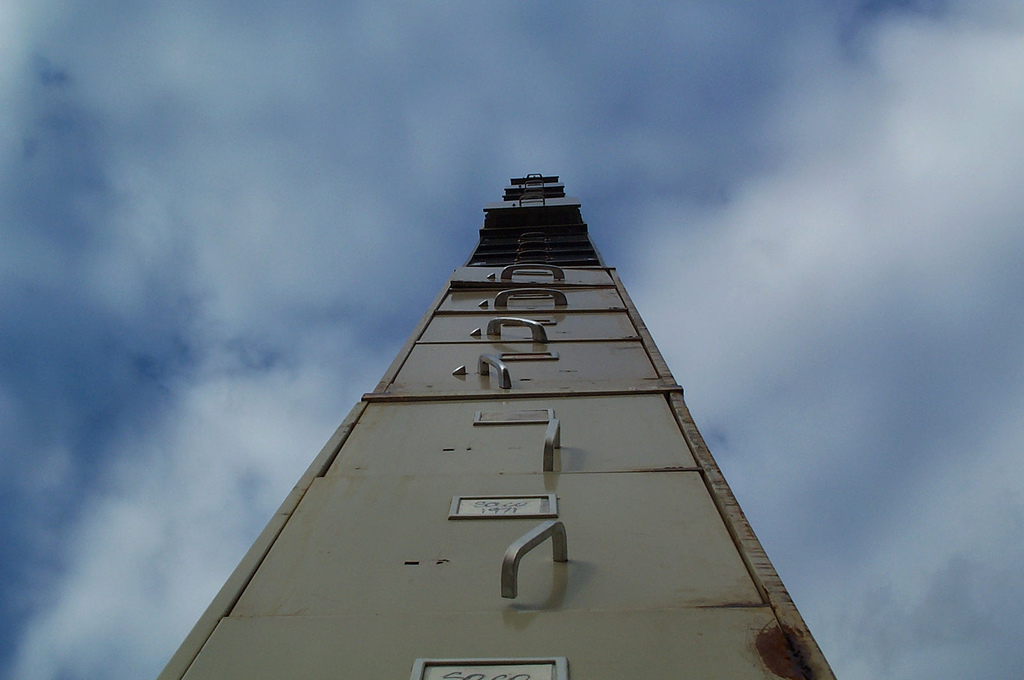#Hashtags are a robust means of tracking or tagging information on Twitter. They help you manage the fire hose-like nature of the constant stream of information on Twitter. Conferences, tweet-chats, and general topics of discussion all benefit from the use of hashtags. Combined Sections Meeting (CSM) of the American Physical Therapy Association, the American Academy of Orthopaedic Manual Physical Therapists (AAOMPT), and the Private Practice Section of the APTA all have hashtags surrounding their conferences. The conference acronym is usually followed by the year. For example, #CSM2013, #AAOMPT13 (No AAOMPT conference this year because of IFOMPT Conference), and #PPS2012. Functionally, hashtags group tweets by keywords. For those not familiar check out Twitter’s help page what are hashtags? or the wikipedia page hashtag.
Personally, I have leveraged hashtags to follow and contribute to discussion surrounding conferences (CSM and AAOMPT for example). I unfortunately was not able to attend #AAOMPT11 or #IFOMPT12. But I did learn, discuss, and contribute via the conference hashtags. The # creates potential for discussion and collaboration on a topic, course, conference, or issue. Unable to attend a conference or event? Participate virtually! Busy during the time of a tweet chat? No problem, you can search the hashtag later to read, respond, and continue the conversation. Wondering what individuals are saying on a particular topic? Search that hashtag. Storify even lets you create and save conversations or stories based on certain parameters.
Outside the PT Sphere
@HealtSocMed claims #HCSM (Healthcare Communications and Social Media) forumlated in January of 2009 was the first global healthcare tweet chat. Other non physical therapy specific hashtags or tweet chats include #SocialOrtho, #SportsSafety, #mHealth, and #MedEd.
Physical Therapy Hashtags
Established physical therapy hashtags include #physicaltherapy, #physicaltherapist, and #physioPT. Kendra Gagnon PT, PhD (@KendraPedPT) who has guest blogged here on PTTT, utilizes hashtags in entry level DPT education. Her students tweeted #WhyIchosePT to communicate their reasons for pursuing the profession of physical therapy. Her class used #PTprof throughout the semester. On her blog, Kendra discusses social media communication as a part of the curriculum in a Professional Interactions course.
In some cases hashtags are utilized both as a tweetchat and to track discussion on a particular topic. #SolvePT is an example with weekly tweet chats on Tuesdays from 9-10PM Eastern Standard Time as well as ongoing discussion related to issues pertinent to the physical therapy profession. @SnippetPhysTher (Selena Horner, PT, GCS) discusses the emergence of the hashtag and the tweet chat. The #SolvePT hashtag continues to be an interesting conversation regarding physical therapy.
Call to Action
I propose a #physicaltherapy hashtag project. As a physical therapy community lets discuss specific hashtags for practice areas, topics, and ideas. I recently began using #AcutePT to tag some tweets containing evidence and rationale for the physical therapist’s vital role in the acute care environment. The Healthcare Hashtag Project has curated content and hashtags relating to health care topics, specific tweet-chats, conferences, and even diseases!
Below are my proposed hashtags for the physical therapy profession in addition to what we currently utilize. What did I miss? Should we change the wording? Let’s get started…
Practice Areas: #AcutePT #CardioPulmPT #GeriatricPT #ManualTherapy #NeuroPT #OrthoPT #PainPT #PedsPT #SportsPT #WomensPT
#PTscience for research, evidence based practice, and critical thinking relating to physical therapy.
#PTAdvoc for physical therapy advocacy and legislative issues.
#bizPT for business and private practice topics.
#PTtech for information relating to technology and the physical therapist.
#DPTEd for topics relating to physical therapy education and educators, including clinical education.
Hashtags for education and student topics could include #PTedu or #PTschool. Rumor has it that #DPTstudent will emerge as a hash tag topic and potential chat spear headed some of the student leaders in social media. You know @MattDeBole is at the center of that! Also check out @LaurenSPT as well.
And last, but certainly not least, #PTHero for inspiration and greatness within our vital profession.


What seems better #manualtherapy or #manualPT ? We are ALWAYS PT’s even if we perform manual therapy, and this is reflected in AAOMPT’s name (Manual Physical Therapists).
Thoughts?
I would prefer simply #OMPT, which is how it’s referred to within the profession.
I know in the peds arena PediaStaff has been encouraging the use of #PediPT for peds PT.
Great post Kyle! I think the shorter, the betters I #OMPT may be the way to go. I have used #manualtherapy on my tweets but not sure if its ‘official’
Harrison
Great idea! One thought to consider … as a PTA educator, I am always sensitive to the needs of PTAs and PTA students, so I would suggest #PTAEd or #PTAStudents, along with #PTAssistant so that there is a specific outlet for these individuals.
I still don’t know how you guys are able to stay ahead of the curve so well. Incredibly well written and motivating blog post to further advance the role Twitter can have on creating unity, collaboration and innovation in the profession of physical therapy.
The rumor on #DPTstudent is correct. We’ll likely be rolling it out after Thanksgiving and will certainly love the support of your team to help spread the word.
Thanks again!
Matt, thank you! Let us know what we can do to support your efforts.
Great post, Kyle. Maybe this will make more PTs interested in social media to discuss and search if they know how to search for what they are really interested in. I also like #OMPT since it’s fewer characters.
Agree. #OMPT for issues relating to orthopaedic manual PT and #pediPT for pediatric PT.
I am curious as to people’s thoughts on separate hashtags for PTA related issues?
I actually don’t think we should have separate PTA tags. Education of PTA’s is inherently related to PT’s and should occur in concert with the PT community so why separate out the discussion?
I agree that separation is not a good thing. Certainly PTAs would be part of a broader clinical discussion involving hashtags such as #AcutePT or #NeuroPT. I am suggesting that “PTA,” in and of itself, is a topic with its own concerns and issues.
For example, proposing a #DPTEd hashtag seems to invite only discussion about education at the DPT level. My concern was merely that PTA educators might want to have a more accessible and targeted forum, such as #PTAEd. This is analogous to the Education Section’s PTA Educators SIG. What tends to happen in the broader Academic Faculty SIG, and indeed the Education Section as a whole, is that DPT education topics dominate, leaving little room for PTA-specific issues.
Agree. #DPTEd would not be a good choice for a PTA educator…they just wouldn’t naturally reference DPT. I’m sort of liking #DPTedu more than #DPTed. I like the edu I guess. Also agree that #PTA should have it’s own. When I first replied I was thinking more about just education vs practice. Also, my reference to #DPTEdu may be off. I think perhaps just #PTEdu might be more accurate. Yes/No?
Eric, I agree with both of your points. PTA issues are inherently related to the PT profession after all. I think #PTedu is better than DPTed. #PTA should have a separate hashtag for PTA specific issues.
Would #OMPT include the non-joint manual therapy such as any soft tissue discussions including neurodynamics etc? Or would it be just for spinal manip/mob discussions?
While #WomensPT is fine… boys have pelvis’ too and we do have a very irreverent international presence on twitter as #pelvicmafia for all things pelvic health in men, women and pediatrics
My other request would be a hashtag for pain science discussions which is a global topic.
#painPT might work?
Love this idea.
I would think you have a good point here. OMPT refers to Orthopaedic. Now, I include all sorts of neurodynamics, soft tissue, etc in my msk practice, but I do wish manual techniques extended beyond the ortho region and into other areas like neuro population. In that sense, #OMPT seems restrictive. I’m good with #ManualPT in that sense. Thoughts?
Yes, #OMPT is too limiting. Anything relating to manual therapy or even patient handing could be termed tagged #manualPT. #OMPT may still be useful as a hashtag for orthopaedic manual concepts.
Does the hashtag project need a theme song?
Excellent post! I gotta say, I’m very pleased with the Twitter trend amongst professionals, especially in Physical Therapy.
I am in particular favor of #PTHero. I think there are a LOT of those out there and we need to highlight them. Reward and recognition is something I feel is much lacking in our profession. #PTHero is a great way to give due credit and recognition to those clinicians that are making a huge difference in so many people’s lives.
PT Think Tank… how about #PTHero of the week or something of that nature?
Ben, that was very well stated. I agree with you that #PThero has the potential to be a very neat hashtag and concept. Keep the ideas coming!
Regarding geriatric physical therapy. There has been some discussion online regarding #geriatricPT vs #geriPT. In the post, I proposed #geriatricPT, but I think #geriPT is shorter and more concise. Considering #pediPT, #geriPT fits better as well? Online, most utilize #geriatricPT. Thoughts?
#geriatricPT works better, in my opinion. The tweet column will more acvurately refect the topic. The *goal* of this is to create a specific firehise with as little noise as possible improving time & value with Twitter. Including a few extra letters helps secure this goal.
Some of us have been discussing a # for discussion of the McKenzie Method of Mechanical Diagnosis and Therapy. #MDT gets a lot of other chatter, we’ve started using #McKMDT. I will still post about everything with #OMPT or #manualtherapy
Clinicient has been using #therapycap for issues related to Medical Manual Review. We should consider some hashtag(s) around compliance issues.